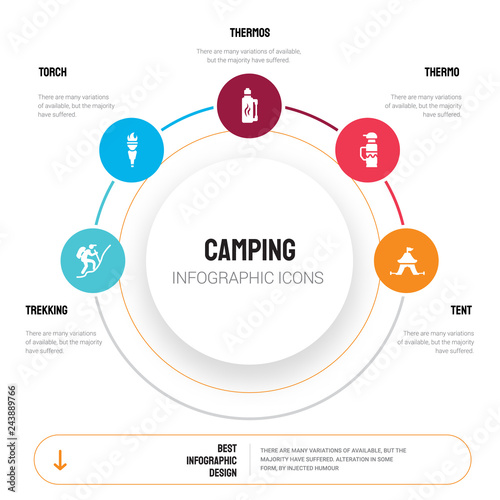Picking the right framework material is essential for occasion tents. Whether it's coated steel for spending plan camping tents or anodized light weight aluminum for sturdy applications, there are lots of considerations to keep in mind.
Steel structures are common in lower-priced pop-up camping tents but are prone to rust despite having finishings and call for routine upkeep. Aluminum is lightweight, normally resists corrosion, and stands up well in humid or seaside settings.
Steel
When it concerns making certain the longevity of custom tents, the material used in their frameworks plays an important function. Steel and light weight aluminum alloys both offer premium longevity, but each deals one-of-a-kind benefits that make it proper for different kinds of settings. Steel is ideal for tough problems, while aluminum excels in withstanding corrosion and reducing upkeep expenditures.
When event hosts choose the appropriate tent for their requirements, they require to consider elements like anticipated weather conditions. For instance, framework outdoors tents frequently do much better in gusty or stormy conditions than post outdoors tents due to the fact that they don't depend on a main post to support the structure. Nevertheless, the links in between frame pieces can deteriorate in high stress and anxiety situations. Identifying these weaknesses and doing normal inspections can help prevent possible damages.
Steel structures are hard to cut, weld or shape, which can need customized devices and increase labor costs. Additionally, they have a tendency to corrosion or wear away easily and may need additional security or finishes. In addition, steel is really heavy and can cause issues when transferring a canopy. It's likewise tough to save for extended periods of time due to the fact that it takes up more space than aluminum frames.
Aluminum
Aluminum is a prominent framework material for cover camping tents since it's light-weight, rust-resistant, and very easy to move and establish. It additionally gives an extra secure sanctuary throughout gusty problems than steel structures. Light weight aluminum is much less vulnerable to tearing and any damages can be easily fixed, prolonging the life of the tent. It also breathes to reduce condensation and offers superior acoustic insulation to wet outdoors sound.
The longevity of aluminum frame tents is even more improved by the all-natural oxidation buildings of the steel. It creates a compact oxide layer that protects the surface from corrosion and spots. Therefore, the long life of an aluminum pop up camping tent can be enhanced also better when the frame is anodized.
Anodized aluminum is more powerful than steel and can hold up against high wind speeds. On top of that, the covering stands up to corrosion and discolorations, extending the life expectancy of the outdoor tents. Furthermore, plated aluminum is recyclable and lasting, making it ideal for services looking for LEED accreditation. The mix of these residential or commercial properties makes light weight aluminum a more affordable alternative than steel for large, durable tents, such as those utilized to fit commercial tools and warehouse stock. Steel, on the other hand, is a lot more pricey due to the fact that it requires expensive alloys such as nitrogen, molybdenum, and chromium to improve stamina.
Iron
Iron structure tents generally last as much as 15 years if the best care and maintenance is applied. This includes routinely cleaning fabric and inspecting metal components for corrosion and wear. By taking these measures, occasion hosts can maximize the reliability of their structures and guarantee their ongoing efficiency in difficult atmospheres.
Steel is an optimal material for building resilient tents, specifically for use in harsh climate condition. It is a strong, tough, and budget friendly product that offers security and resilience for a wide range of applications. Nevertheless, steel is prone to rusting in humid and seaside atmospheres. The enhancement of safety coverings and normal maintenance can aid to alleviate this risk, however these efforts boost overall upkeep costs.
On the other hand, aluminum is an extra long lasting choice for a custom-made tent as a result of its natural oxidation buildings. When anodized, light weight aluminum ends up being super-strong and up to three times harder than common aluminum alloys. This makes plated aluminum the second-hardest compound alongside diamond (satellites, airplane, and military automobiles all use anodized light weight aluminum). In addition to its toughness, anodized aluminum is additionally much beach bag more immune to rust than steel. These aspects make aluminum an exceptional selection for pop up cover tents and add to their capacity to bring longer service warranties (5, 7, and even life time structure warranties). In addition, aluminum is 1/3 the weight of steel enabling a much thinner structure design for even more modification options and boosted strength.
